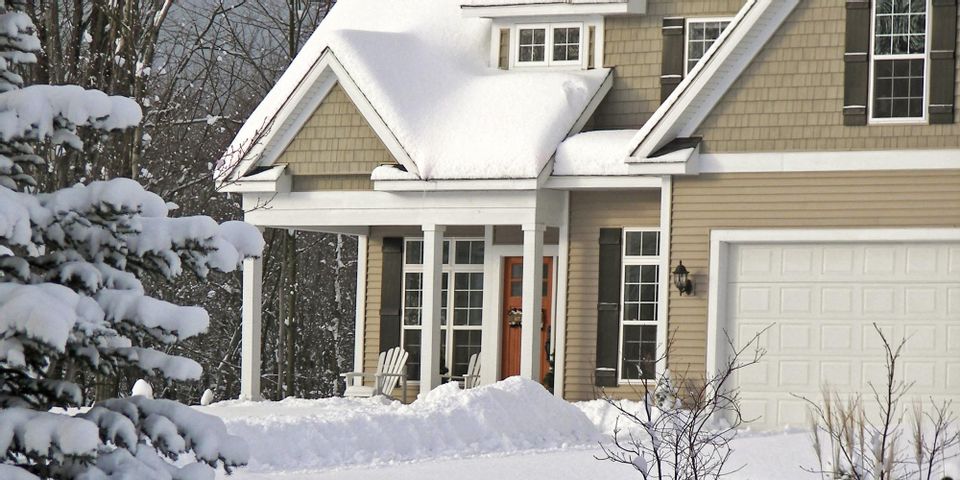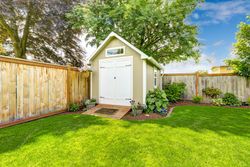Top 3 Winter Well Maintenance Issues to Watch For

If you are one of the millions of homeowners who access their water from residential wells, you know how important it is to stay on top of maintenance. Although preventative oversight and well repairs are important throughout the year, winter can be especially problematic and bring its own set of challenges. Observing the following winter well maintenance best practices can help ensure your system continues to perform as intended throughout the colder months.
How Winter Affects Wells
1. Frozen Pipes
Winter temperatures can put pipes at risk of freezing. To help prevent this problem, wrap the pipes in your home with insulation or heat tape to counteract the outside conditions. Similarly, adding insulation to the walls in which pipes are encased will help keep your pipes at an adequate temperature. You can also supplement the insulation with additional sources of warmth, such as heat lamps.
2. Pump Problems
 Well pumps should stay above 40 degrees to prevent freezing. Make sure the well hole is properly sealed if your pump is underground. You can find a preconstructed well cover at a hardware store. If the well pump is above the ground, protect it with a well house. You can also cover the pump with garbage cans lined with insulation for a more affordable solution.
Well pumps should stay above 40 degrees to prevent freezing. Make sure the well hole is properly sealed if your pump is underground. You can find a preconstructed well cover at a hardware store. If the well pump is above the ground, protect it with a well house. You can also cover the pump with garbage cans lined with insulation for a more affordable solution.
3. Loss of Power
Wells that rely on pumps to produce water are susceptible to power loss. Consider having a portable generator installed to keep your system functioning 24/7, and keep a supply of fresh water stored in your home in case of emergencies.
While winter can pose some well maintenance risks, being proactive is the best way to catch problems before they snowball. Coolwater Drilling in Bremerton, WA, is a leading well repair and installation expert. For more than 40 years, their team has performed countless drilling, testing, and preventative repairs for Mason County area customers. If you need service this winter, call them at (360) 830-9005 or visit them online for more information.
About the Business
Have a question? Ask the experts!
Send your question

